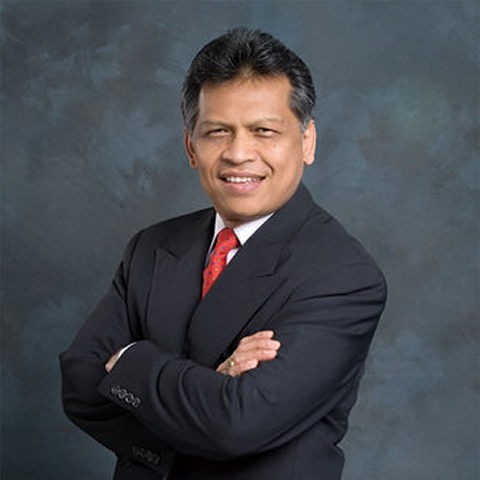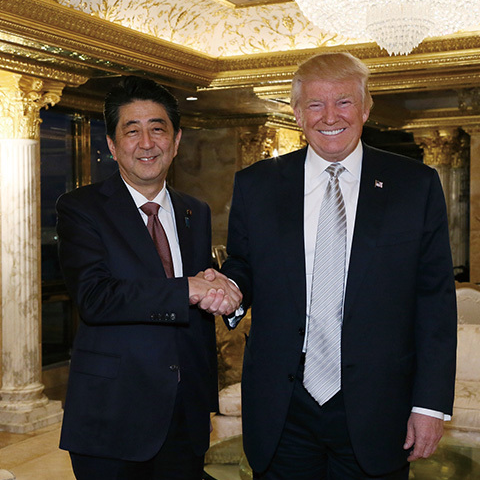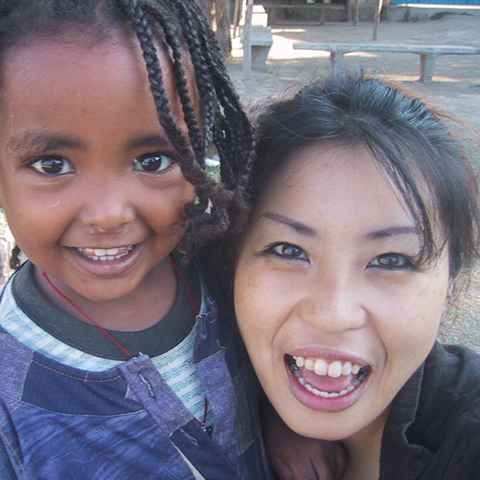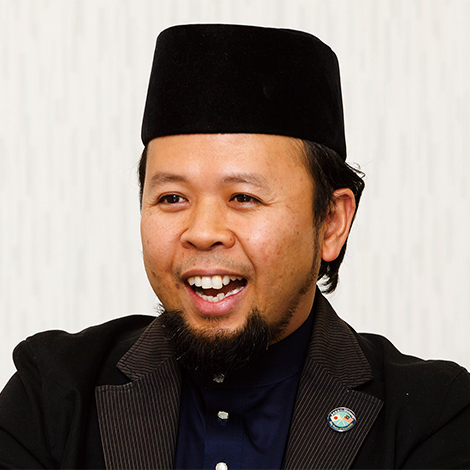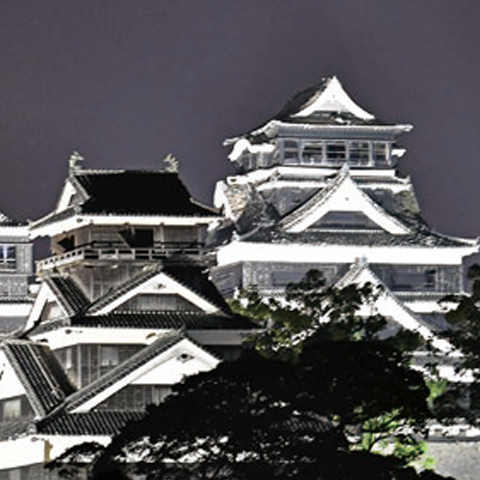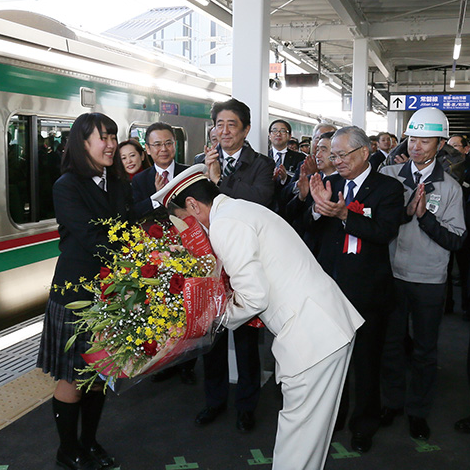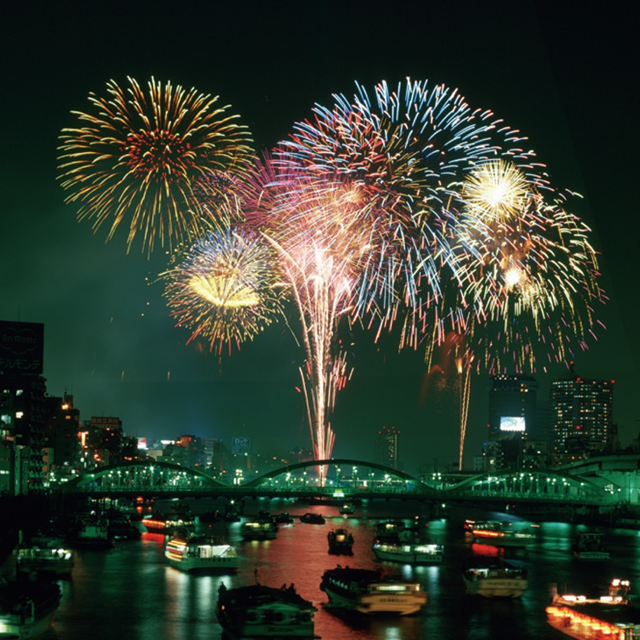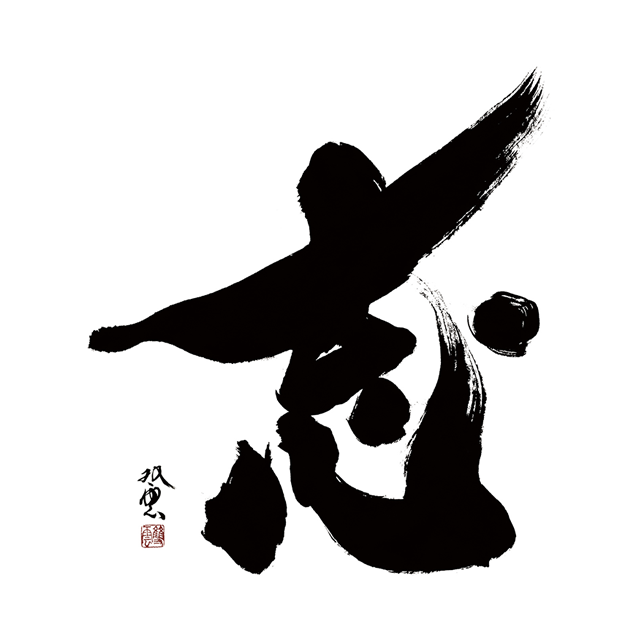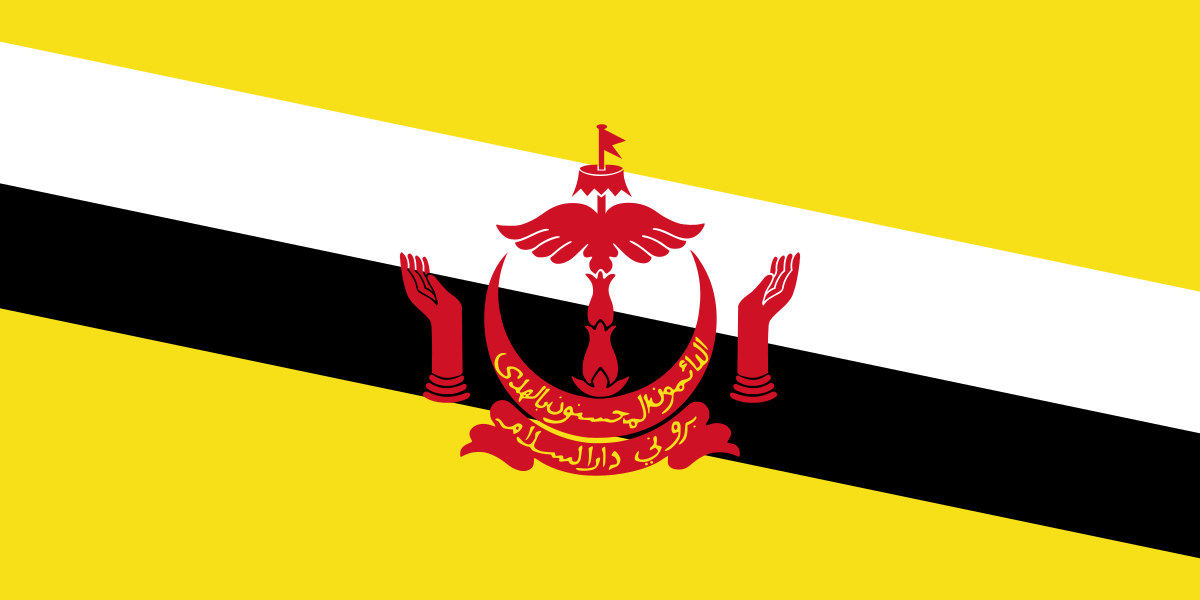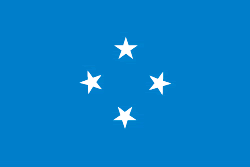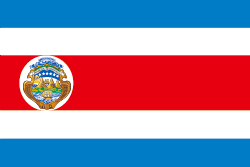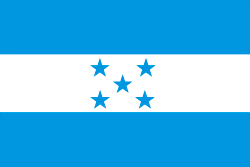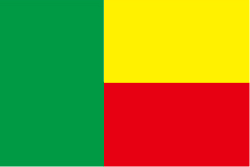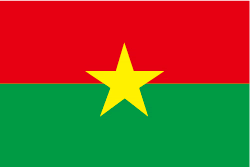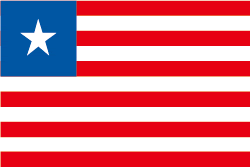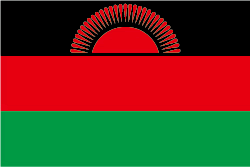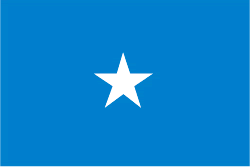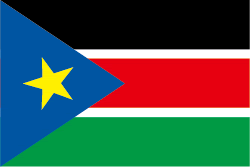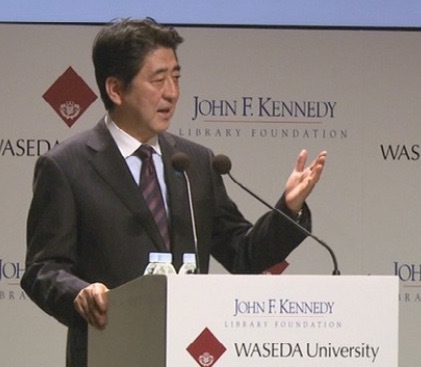At “The Torch Has Been Passed: JFK’s Legacy Today,” a Symposium Jointly Organized by Waseda University and the John F. Kennedy Library Foundation
There is a book entitled Profiles in Courage. For the young students in the audience in particular, you can find a Japanese translation as well, and I highly recommend you read it. This is a book by JFK, the man we honor today. In it, while he was a Senator, before the “torch” was passed to him as president, he recounts the courage displayed by eight of his forerunner s in the Senate. As the author himself explains, “courage” is “grace under pressure,” a description I find truly outstanding. As we consider JFK’s legacy, the first thing we should remember is his ability to lead, demonstrating noble grace and never yielding to pressure, and the guts to back it. In particular, during the Cuban missile crisis, the solitary decision President Kennedy took saved the world from the danger of nuclear war breaking out, making humankind able to continue to live as we do. “Grace under pressure:” to walk the path you believe is right, no matter how much pressure you face. There is a saying of Mencius I often quote that matches this notion exactly. JFK also said that that’s exactly what constitutes courage for a politician. We in Japan saw what leadership was in this young and vigorous president. I think that remains engraved in our mind’s eye even today. And then, what resonates in our mind’s ear is JFK’s voice. It was September 1962, was it not, when he said, in that slightly high-pitched yet deeply penetrating voice, “We choose to go to the moon. We choose to go to the moon in this decade, …not because [it is] easy, but because [it is] hard.”
His second legacy is exhibiting to people all around the world the power to dream. And, in fact, the United States succeeded in sending humans to the moon in 1969, just as JFK had pledged. At that time I was a young boy dreaming dreams of my own—naturally I had that time in my life as well—but it was not merely a coincidence in timing. That era was when Japan itself was sprinting as fast as it could towards growth, with the holding of the Tokyo Olympics as a major turning point. Japan had the state of mind of “the little engine that could,” telling itself, “we can do this, we can do this” as it dashed forward. Through that power to dream, I think the U.S. under JFK propelled forward a great number of people and nations all around the world. It was in 1963 that Japan became a full member of GATT, and the following year, 1964, when Japan became a full-fledged member of the IMF and the OECD. That same year, Tokyo hosted the IMF-World Bank annual meetings just before the Olympics got underway. Each and every one of these symbolizes the post-war resurgence of the Japanese economy and the fact that Japan chose to join the free and democratic camp. Not a single one of these would have come to fruition without the leadership of JFK, who knew a great deal of Japan. This reality is something we are apt to forget. Here we find a legacy of JFK that is important for Japan in particular. JFK’s United States gave us all-embracing support as we moved to enter the circle of the developed free world camp during the run-up to the Tokyo Olympics.
After leadership and the power to dream is the determination to battle to stamp out discrimination. That is the third legacy that JFK left us. This year marks the 60th year since the Montgomery bus boycott began. Over 50 years have passed since President Lyndon Johnson signed the Civil Rights Act. And right in the time between those two landmark events was JFK, who stood up for eliminating discrimination based on the color of one’s skin. The U.S. was moving forward to remedy glaring injustices through people’s own efforts, with people struggling at times and suffering at times. In the civil rights movement, we watched the United States grapple with contradictions. The United States did not exert its leadership throughout the world merely through its power to dream. I believe it was also truly that grace under pressure, that ability to reinvent itself in eliminating discrimination, that led the world. I consider this to be moral leadership that only the post-war United States was able to bring to bear. And I wholeheartedly believe that this also continues to be necessary for the world.
In talking about JFK, there is one scene I cannot help but touch upon, sad as it is. It was the testing day of a simultaneous TV broadcast across the Pacific—the first in history—as part of the run-up to the Tokyo Olympics that would be held the following year. The name of the broadcasting satellite that the United States had launched was “Relay.” Many Japanese gathered around their TV sets, knowing that scenes of what was happening at that very moment in the faraway U.S. on the same day at the same time would come streaming into their living rooms. And yet when they turned on their sets with hearts racing, wondering what would appear, it was pictures of Dallas, Texas streaming into their homes. Yes, it was that mournful scene. And so, Ambassador Kennedy, that horrifically tragic incident for your family was seen by the Japanese people—only by the Japanese people, in all the world—in real time, together with you, the people in the U.S., and it became deeply seared into our memory. There are various layers within the relationship joining one country and another. But the deepest layer, the one in which hearts come together, where we share with each other our joys and sorrows and our feelings come rain or come shine, is usually very rare indeed. In Asia, the United States undeniably forged that exceptional relationship here in Japan. I hope you keep that always in mind.
I intend to make the future Japan a country where one can dream dreams, hand-in-hand with many people from China, the ROK, and the rest of Asia. President Clinton, Ambassador Kennedy, and distinguished representatives of the John F. Kennedy Library Foundation, Japan is now dreaming that kind of dream. Let us, both the United States and Japan, cultivate the ability to dream, as well as reinforce our determination more and more to stamp out discrimination and respect human rights. And in the age to come, let us together make the world a better place, even if only one step at a time. I believe that is the road to properly reciprocating the legacy that JFK left us.


























